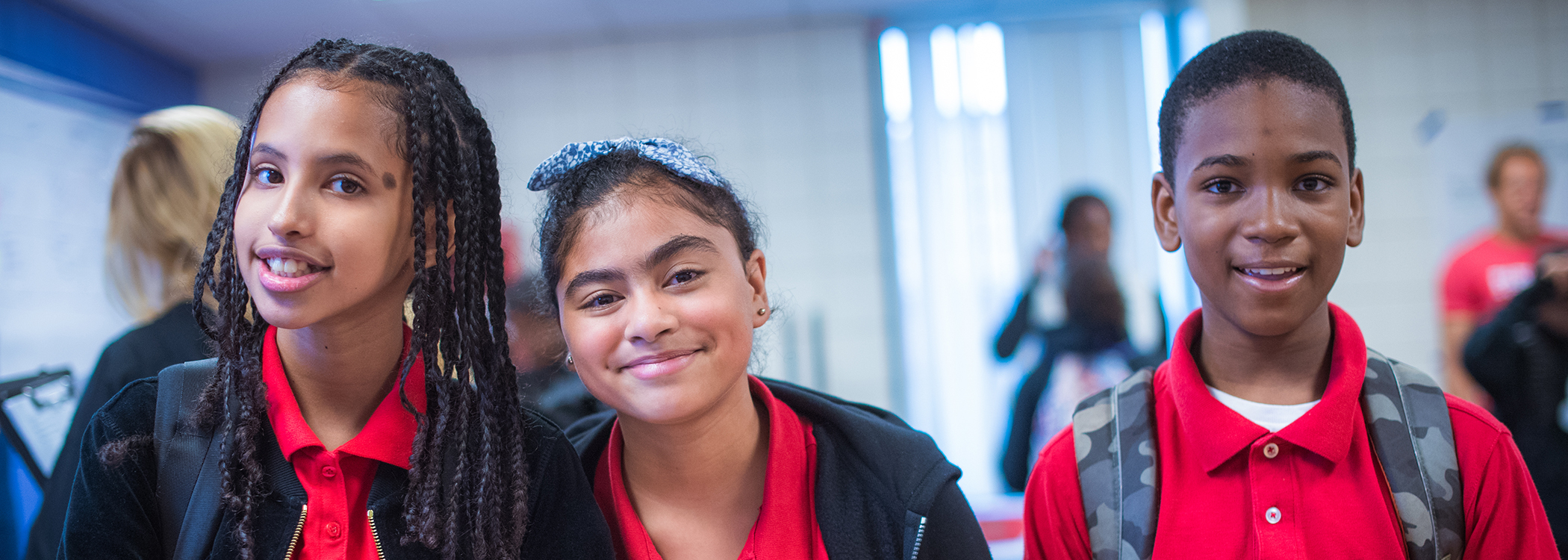CCSC strives to support all community members to belong, grow, and achieve by building community, cultivating relationships, and repairing individual and collective harm. The work we do is anchored in our Transformative, Restorative, and Circle practices.
Transformative, Restorative, and Circle Practices
Transformation Justice
 Transformative Justice is a framework for addressing harm and conflict that prioritizes community safety, healing, and systemic change, rather than relying solely on the state or traditional legal systems that are harmful to marginalized people. It is rooted in Restorative Justice principles, but expands on them by focusing on the root causes of harm and working toward broader social transformation.
Transformative Justice is a framework for addressing harm and conflict that prioritizes community safety, healing, and systemic change, rather than relying solely on the state or traditional legal systems that are harmful to marginalized people. It is rooted in Restorative Justice principles, but expands on them by focusing on the root causes of harm and working toward broader social transformation.
Transformative Justice addresses the social and political contexts that contribute to harm or inequalities. Transformative Justice is a spectrum of social, economic, legal, and political practices and philosophies that aim to focus on the structures and underlying conditions that perpetuate harm and injustice in schools.
Restorative Justice
Restorative Justice in schools represents a transformative approach to relationship building, school climate and culture, and discipline that focuses on bringing people together, repairing harm, and rebuilding relationships rather than punishing school community members for causing harm.
This practice is based on principles of empathy, respect, support, accountability, and understanding to encourage community members to understand the impact of their actions, take responsibility, and actively engage in the healing process.
The goal of Restorative Justice and Circles in schools is to build community and repair harm/relationships when necessary, while supporting deep reflection, communication, and problem solving skills for both students and staff. This can lead to more effective learning and teaching. It emphasizes dialogue and mutual agreement to address school culture and issues collaboratively.
Circle Practices
 Circles are utilized at CCSC to build communtity, strengthen connections, and repair relationships within our academic community. Circles foster connectivity in ways that allow all community members to be supported and held accountable in an empathetic and healing way in order for community members to feel valued and thrive.
Circles are utilized at CCSC to build communtity, strengthen connections, and repair relationships within our academic community. Circles foster connectivity in ways that allow all community members to be supported and held accountable in an empathetic and healing way in order for community members to feel valued and thrive.
Circles are also used in our community as a way for students to find confidence in their voice and leadership and to proactively assist students in developing the interpersonal skills necessary to effectively communicate and respond to conflict.
CCSC Staff’s Commitment
All CCSC staff are trained in these practices and receive ongoing support and guidance from our Dean of School Climate so that we can work collaboratively to improve the whole school climate and culture.
As a team we work to learn, unlearn, co-create, disrupt, and support the CCSC community in meeting the school’s mission for cultivating, implementing, and sustaining an equitable, anti-racist, culturally responsive, and trauma informed school.
Accountability and Repair
When conflict or harm occurs within our community, we work with the involved parties to repair the harm and restore relationships to whatever extent possible. Harm can be physical, emotional, social, or identity-based. We strive to use restorative processes to hold community members accountable for the impact of their behavior. When considering accountability steps and interventions, we must consider:
- Needs of the person harmed: What steps could be taken to start to repair the harm or help the person regain a sense of safety? What support does this person need to begin the healing process?
- Needs of the person who caused them harm: Why did this person engage in behaviors that harmed our community? What underlying needs aren’t being met? What support does this person need in order to develop their skills, understanding of the harm caused, or the community expectation not being met?
- How to avoid future harm: What steps can be taken to prevent this harm from occurring again in the future?
Repairing harm and restoring relationships takes a willingness to invest time and develop skills for all people involved. At times, one or both parties may not be ready or able to make this investment. In these cases, agreements will need to be made to work to prevent further harm from occurring and more punitive responses may need to be used.
Resources
- Introduction to Restorative Justice and Circles
- Student and Families Support: Referral for Restorative Justice Circles/Mediations
- Staff Restorative Justice/Circles Request Form
If you have any questions, please reach out to Thai Small, Dean of School Climate at tsmall@ccscambridge.org.

